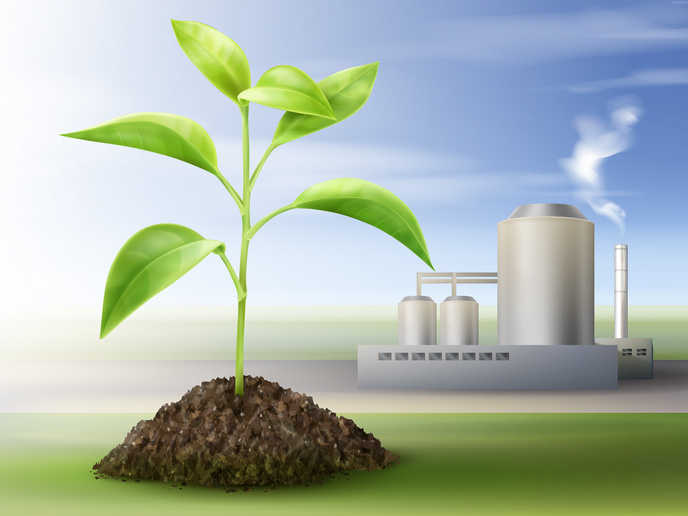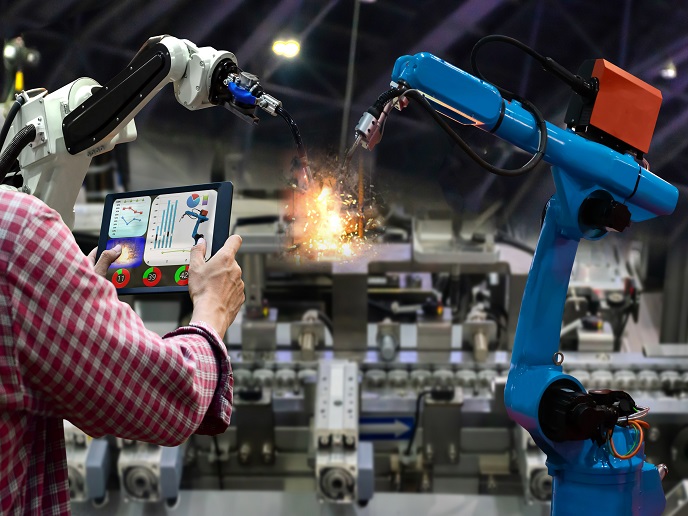Toxic gas — sensing and filtration
Scientists working on the EU-funded project 'Graphene-based ultra-sensitive gas sensors' (GRAPHENEGASSENSORS) developed ground-breaking filtration membranes for toxic gases based on the novel material graphene. The membranes are not only capable of sensing a single molecule of gas but they block the molecules from entering the environment. Since its discovery in 2004, graphene — a one-atom thick sheet of carbon has become perhaps the most widely used nanomaterial for numerous components and devices. It has unique properties including very high electron mobility in the presence of oxidising and reducing gases providing exciting potential in gas sensing applications. The team produced graphene-based filtration membranes that first sense ethanol vapour even at parts per billion concentrations and then block them from entering other media. Scientists have fully developed the process for mass-production of graphene and its derivatives such as graphene oxide as well as the toxic gas filtration membrane. A patent application is in process. GRAPHENEGASSENSORS delivered a breakthrough in filtration technology with widespread impact on the safety and protection of public health in workplaces and other environments. The outcomes could easily form the basis for new and greatly improved filtration technologies related to organic contaminants and desalination as well.
Keywords
Graphene, filtration membranes, toxic gas, sensing, ethanol vapour







